**Note: This page is for educational inspiration and is not officially affiliated with Global Recycling Day. For official information, themes, and resources, please visit the Global Recycling Foundation website: www.globalrecyclingday.com.
Wednesday 18th March 2026
Understanding Global Recycling Day in EYFS & KS1
Let's learn how we can help look after our amazing planet by recycling! 🌍♻️ Global Recycling Day is an annual event celebrated all over the world on March 18th. It was started by the Global Recycling Foundation to show everyone how important recycling is for keeping our planet's special resources safe and making sure our future is bright. The day wants to teach us how recycling helps to save natural things like trees and metals, makes less pollution, and even creates jobs for people. It celebrates something called the "Seventh Resource" – which is all the things we can recycle!
For early years settings, nurseries, preschools, childminders, and Year 1 and Year 2 classrooms, this day provides a fantastic and practical theme for exploring environmental awareness, sustainability, understanding the world, problem-solving, and personal, social & emotional development (PSED). It's about introducing children to the simple yet powerful idea that we can all make a difference by sorting our rubbish and reusing things. This week offers wonderful planning ideas and inspiration for engaging activities that truly resonate with young minds, making learning about caring for our planet both essential and empowering.
Why Is Learning About Recycling Important for Young Children?
Integrating Global Recycling Day and lessons about recycling into your practice with young children (aged 0-7) is incredibly important for fostering environmental responsibility and promoting sustainable habits from a young age.
Environmental Awareness: Helps children understand that our planet has limited resources and why it's important to protect them.
Responsible Citizenship: Teaches children they have a role to play in caring for their environment and community.
Practical Skills: Develops practical skills like sorting materials and understanding recycling symbols.
Problem-Solving: Encourages creative thinking through activities like junk modelling and reusing materials.
Reduces Waste: Instils the habit of thinking before throwing things away, leading to less landfill waste.
Connects to Nature: Highlights how recycling protects animals and their habitats from pollution.
Engaging Recycling Activities for Global Recycling Day (0-7 Year Olds)
Let's become recycling champions and help protect our Earth for Global Recycling Day with these planning ideas and activities perfect for EYFS and KS1 children. The focus is on sorting, creating, and understanding how we can make a positive impact! Many of these early years and year 1 activities can be supported by our dedicated 'Recycling' resources, as well as broader 'The Environment' and 'Ocean' themed materials.
Here's some inspiration for promoting recycling in your setting: (Please use your own discretion and knowledge of your children to ensure appropriateness of each activity and safety concerning any materials given and activity undertaken.)
Understanding Recycling Symbols: Introduce the universal recycling symbol. Use 'Recycling Symbol - Multimats' for various activities and 'Recycling Symbol - Fine Motor Control Sheets' for tracing and developing fine motor skills.
Sorting Recycling: Set up a fun sorting activity with different types of clean recyclable materials (paper, plastic, metal, cardboard). Use 'Sort Recycling Cards Activity/Game' and 'Cut, Sort And Stick Recycling Activity' to practice sorting.
Recycling Centre Role Play: Create a 'Recycling Centre Dramatic Role-Play Pack' area where children can sort, weigh, and "process" recyclable items. This encourages imaginative play and reinforces learning.
Junk Modelling Challenge: Gather a collection of clean 'junk' (cardboard tubes, plastic bottles, boxes, lids). Challenge children to 'Junk Modelling Challenge - Design A...Sheets' to create something new from old materials. This sparks creativity and shows the value of reuse.
Recyclable Materials Word Cards: Use 'Recyclable Materials - Word Cards' to introduce vocabulary related to different recyclable items.
Protecting Our Planet:
Discuss the impact of plastic on our oceans using 'Keep Plastic Out Of The Oceans! - Posters'.
Talk about reducing plastic use with 'Don't Use Plastic Bags!' Poster'.
Encourage designing reusable alternatives with 'Design A Bag For Life'.
"Find and Draw" Materials: Go on a scavenger hunt around your setting to find objects made from different materials (fabric, metal, paper/card, plastic, wood). Use 'Find And Draw - Fabric', 'Find And Draw - Metal', 'Find And Draw - Paper/Card', 'Find And Draw - Plastic', and 'Find And Draw - Wood' to record their findings.
Celebrating Our Earth: Reinforce the idea that recycling helps our planet.
Play the 'Earth Game'.
Engage with 'Earth - Our Home! Multimat - Playdough, Loose Parts, Art & Crafts'.
Practice literacy with 'Earth Upper & Lower Case Alphabet Puzzle Game'.
Explore More: You may also like to explore additional pages covering relevant and/or connected themes such as ‘Beach School’, ‘Endangered Animals’, ‘Forest School’, ‘Gardening’, ‘Habitats’, ‘Ocean’, ‘Plants’, ‘Polar’, ‘The Environment’, ‘Water’, ‘Wetlands’, ‘Wildlife’, and ‘Woodland (Temperate)’. These themes all connect to the importance of protecting our natural world through actions like recycling.
These activities offer great inspiration for making Global Recycling Day a memorable and impactful experience in your early years and Key Stage One setting, fostering environmental awareness, responsible habits, and a lifelong commitment to caring for our planet.
To explore ideas surrounding additional early years events, please visit our 'Special Dates Calendar' page.
Printable resources to support teaching & learning surrounding: ‘Global Recycling Day’
Additional Pages you may like to explore which cover relevant &/or Connected themes
More Early Years Event Pages for March
Let's meet William Shakespeare and explore his amazing stories and words! 🎭👑 Shakespeare Week is a special yearly celebration organised by the Shakespeare Birthplace Trust. It's made to…
Let's learn all about our amazing water and why it's so important! 💧🌍 World Water Day is a special day celebrated every year on March 22nd. It was chosen by the United Nations (UN) way…
Let's play with words and make beautiful poems! 📝✨ World Poetry Day is celebrated every year on March 21st. It was chosen by UNESCO (a part of the United Nations) in 1999. The main…
Let's look around and celebrate all the wonderful colours in our world! 🌈🎨 International Colour Day is celebrated every year on March 21st. This special date was chosen by a group…
Let's look closely at the little birds around us and learn how we can help them! 🐦🏡 World Sparrow Day (WSD) is a special international day celebrated every year on March 20th. It's all…
Let's make sure our smiles are super strong and healthy! 😁🦷 World Oral Health Day (WOHD) is celebrated all over the world every year on March 20th. It's a special international day that…
Let's celebrate all the amazing and unique ways our brains work! 🧠✨ Neurodiversity Celebration Week is a worldwide initiative that challenges old ideas and misunderstandings about…
Let's learn all about super food and wonderful water to help our bodies grow big and strong! 🍎💧 Nutrition and Hydration Week is an annual event in the UK that highlights and promotes the vital…
Let's snuggle up and learn all about sleep! 😴✨ World Sleep Day (WSD) is an annual event organised by the World Sleep Society and observed on the Friday before the Spring Equinox…
Let's learn about our amazing kidneys and how to keep them healthy!💧🧡 World Kidney Day (WKD) is a global health awareness campaign celebrated annually on the second Thursday of…
Let's discover the amazing science that helps us stay healthy! 🧑🔬🩺 Healthcare Science Week is an annual, UK-wide celebration that promotes and raises awareness of the incredible work done…
Let's celebrate all the amazing women in our lives and around the world! 💖💪 International Women’s Day (IWD) is a global holiday celebrated annually on March 8th. It's a very important…
Let's be curious scientists and explore the world around us! 🧪🔬 British Science Week is a fantastic ten-day celebration of science, engineering, technology, and maths (STEM). It features…
Let's dive into the wonderful world of books! 📚✨ World Book Day is an annual global celebration of books and reading, designated by UNESCO. In the United Kingdom and Ireland, it…
Let's explore the amazing animals and plants that share our planet! 🌍🌿 World Wildlife Day is an annual global event, celebrated on March 3rd. It was proclaimed by the United Nations General…
Explore special dates (including awareness dates, festivals, celebrations & events) relevant to your EYFS & KS1 children
Browse our ‘Special Dates Calendar’ page using the link below. You’ll find calendars for every month of the year to aid your planning!
CLICK HERE to visit our ‘SPECIAL DATES CALENDAR PAGE’ for an entire year of key EYFS & KS1 events, festivals & celebrations.
SEARCH ‘LITTLE OWLS Resources’ USING THE FOLLOWING MENU BUTTONS…
Disclaimer:
This page is for educational purposes only and is intended to support early years and primary practitioners with ideas and resources related to 'Global Recycling Day'. We are not officially affiliated with or endorsed by the Global Recycling Foundation, which organises this event. We do not claim any rights to specific trademarks or official materials associated with this event. For official information, themes, and to learn more about the importance of recycling for our planet's future, please visit their website at www.globalrecyclingday.com.




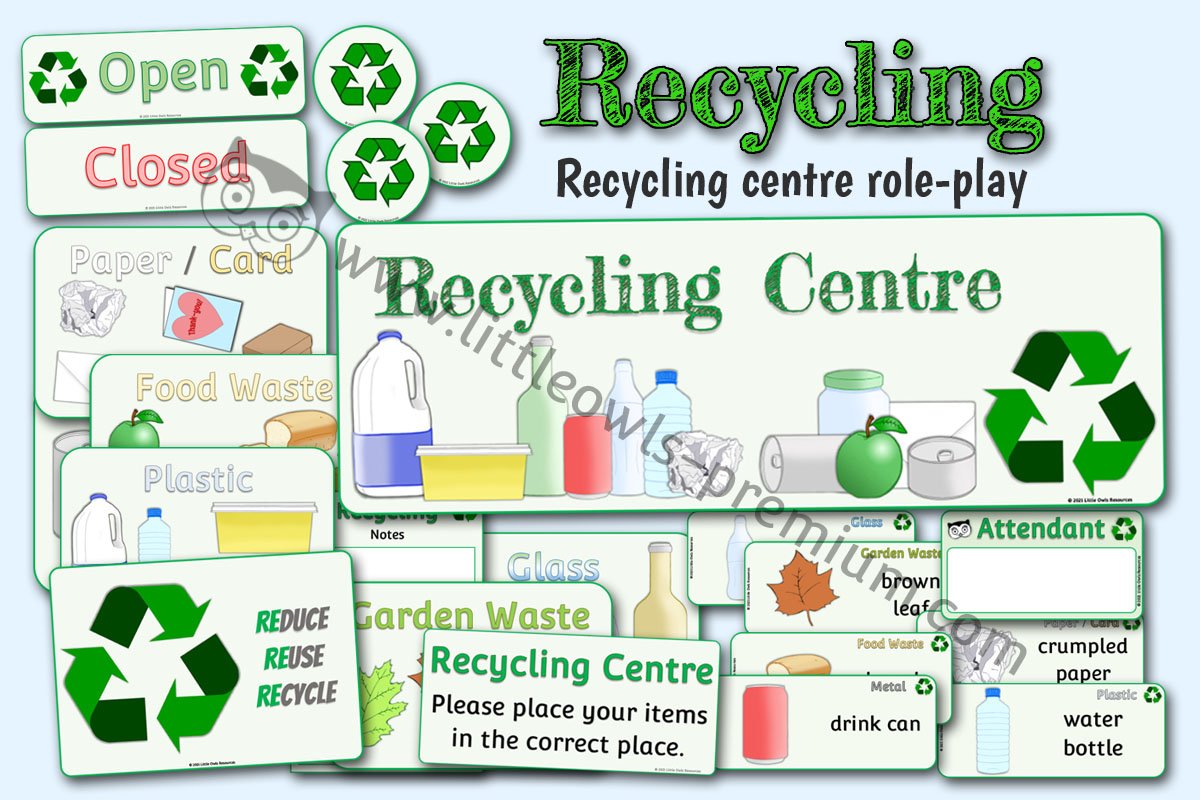










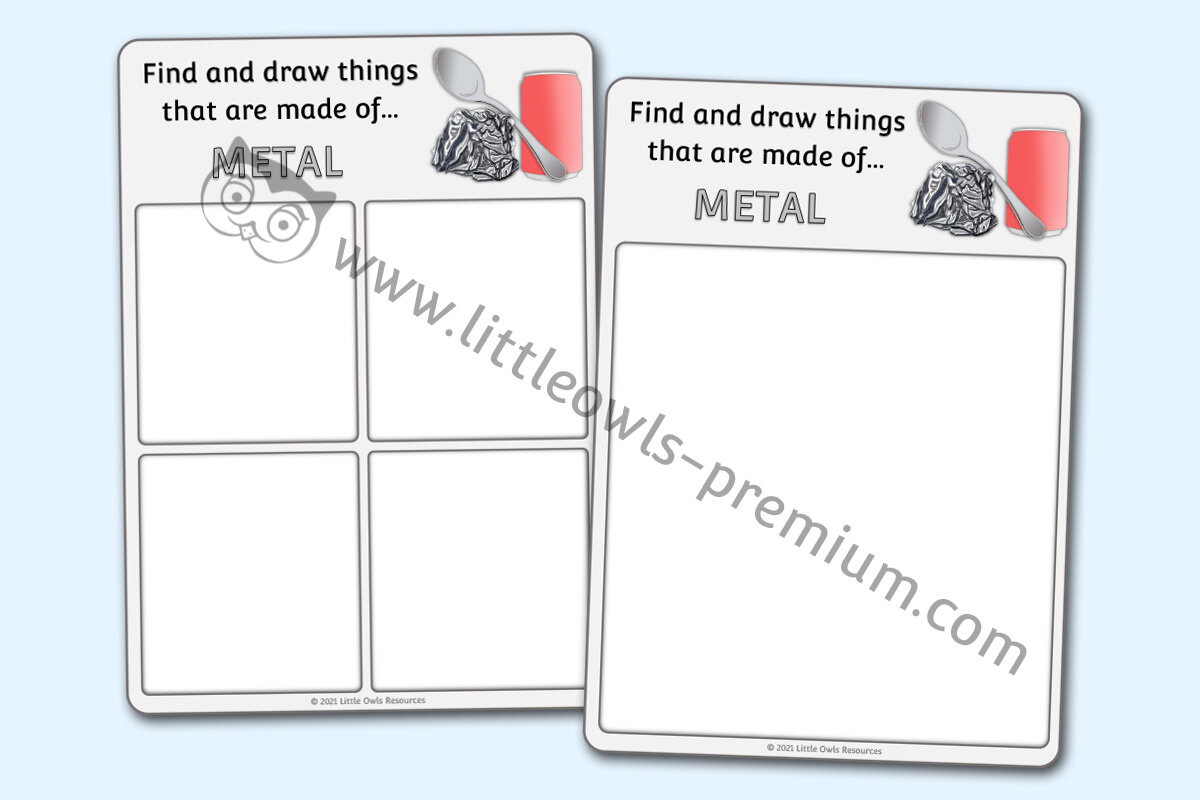



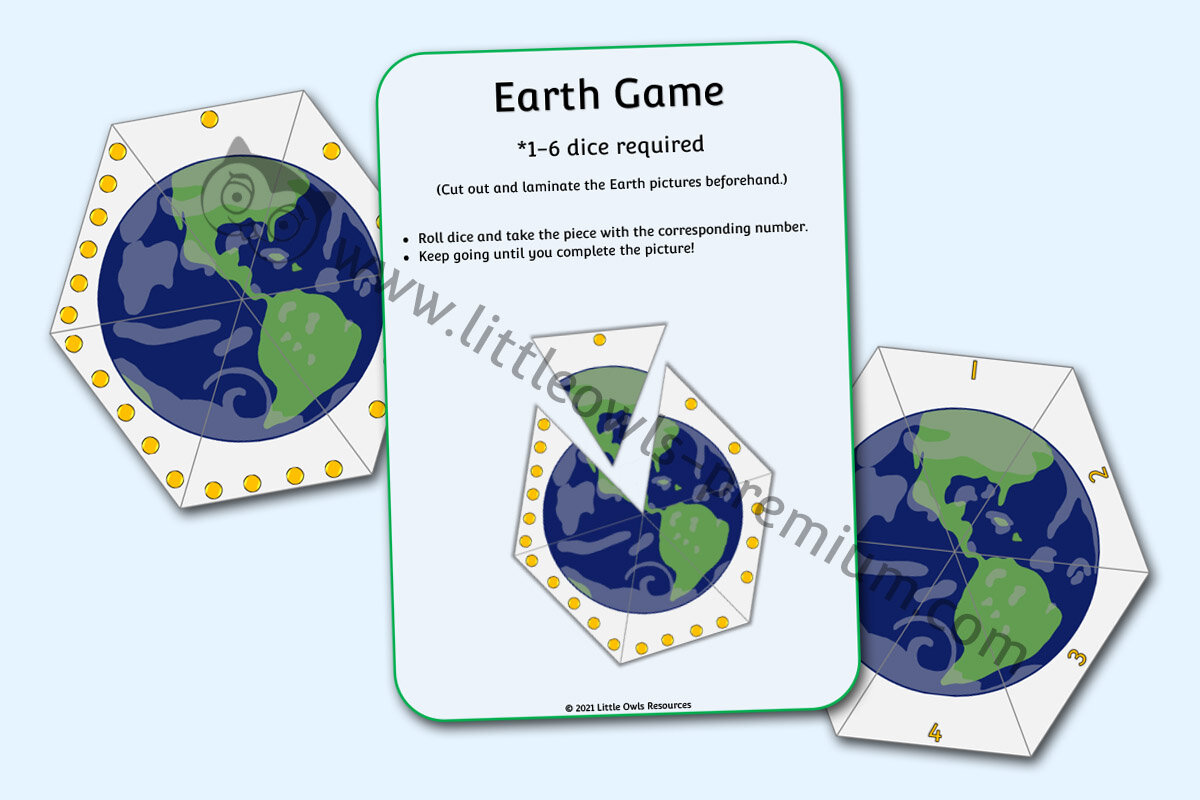


















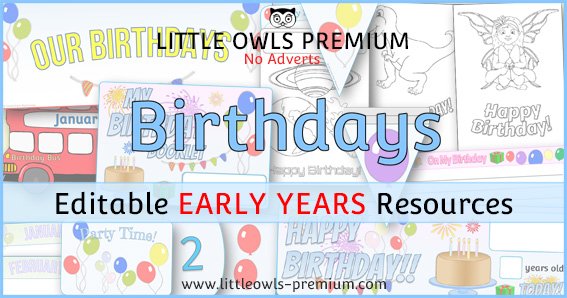
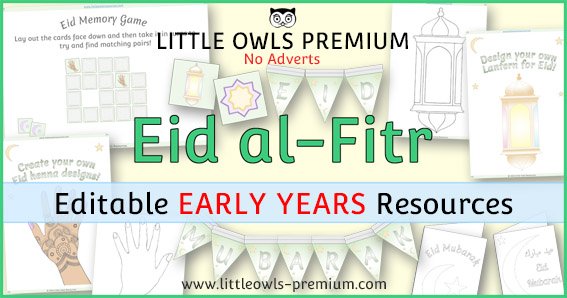
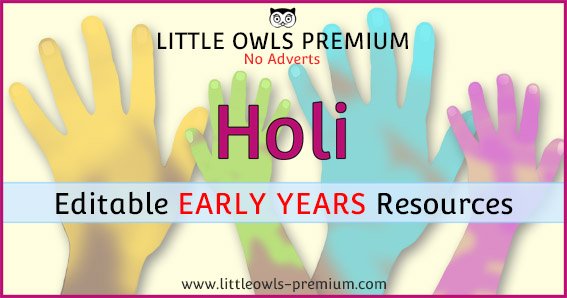
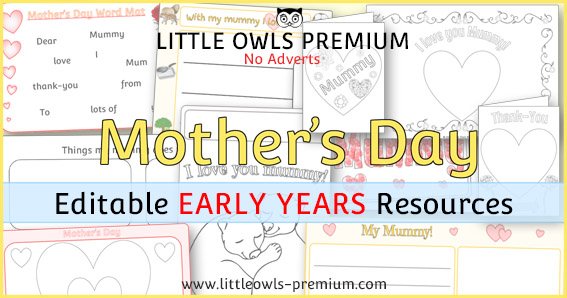

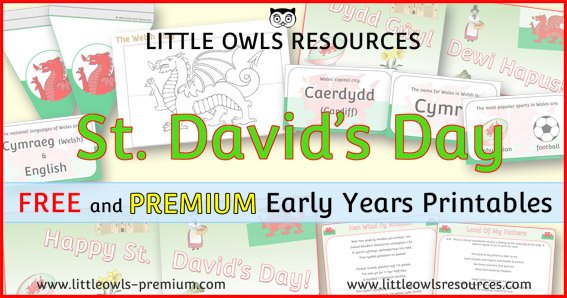
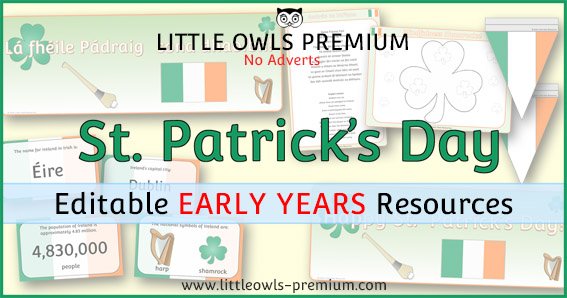















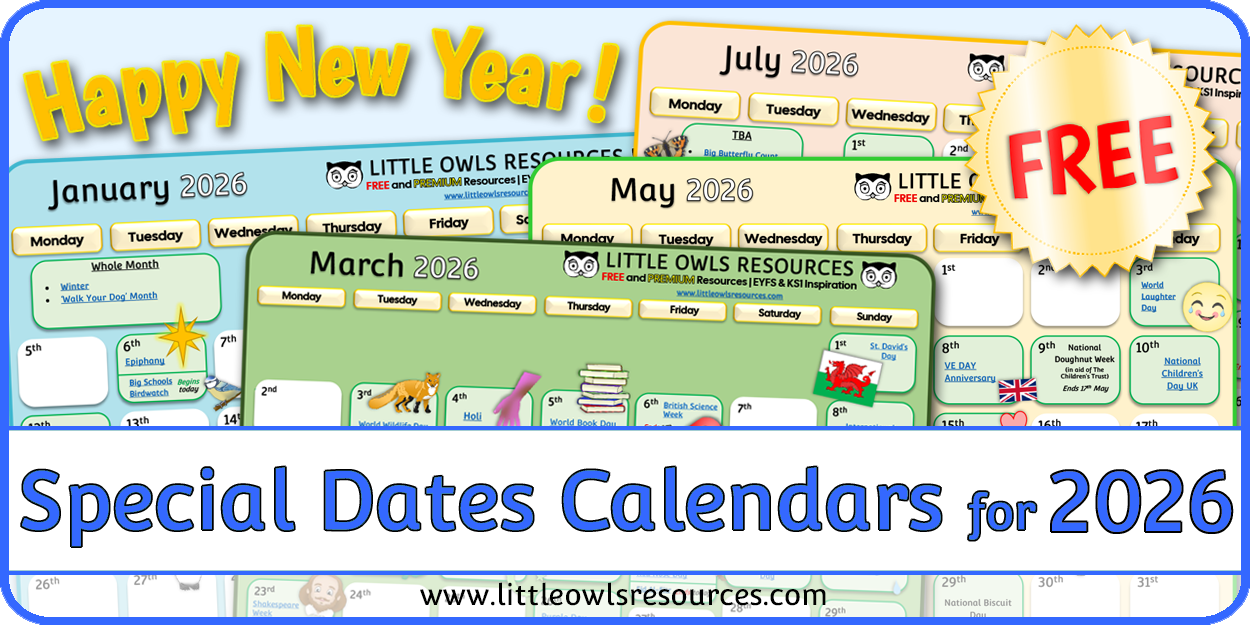
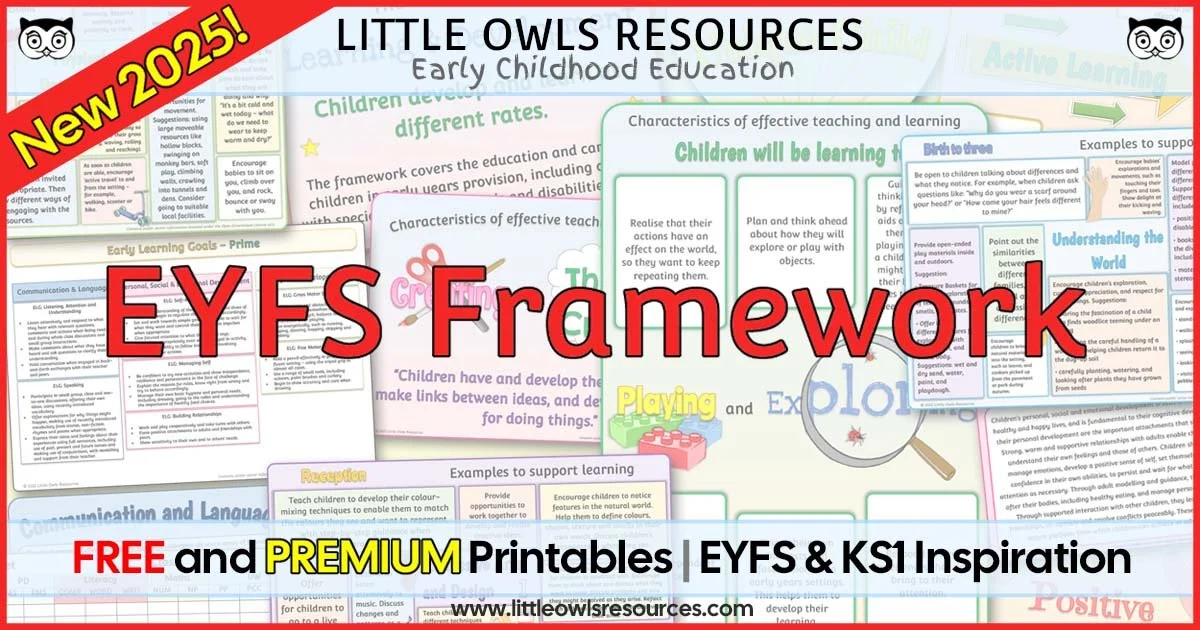

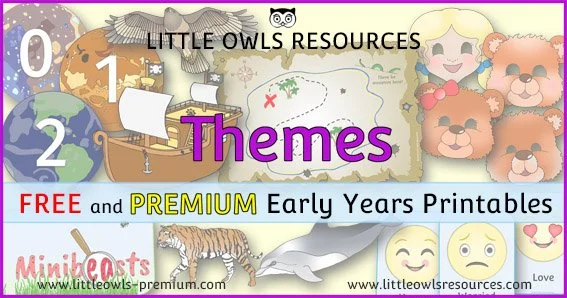

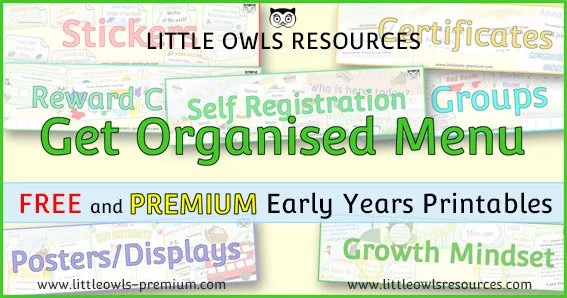

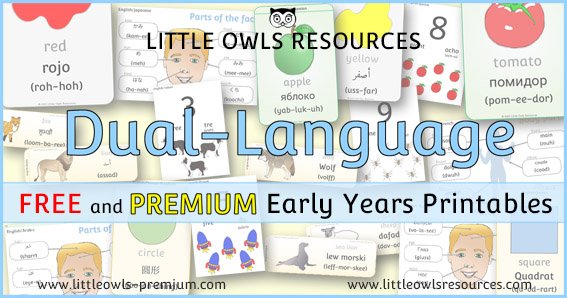
Let's learn about being kind and understanding towards everyone, especially for Purple Day! 💜🎗️ Purple Day is a special international day celebrated every year on March 26th. It was started in…